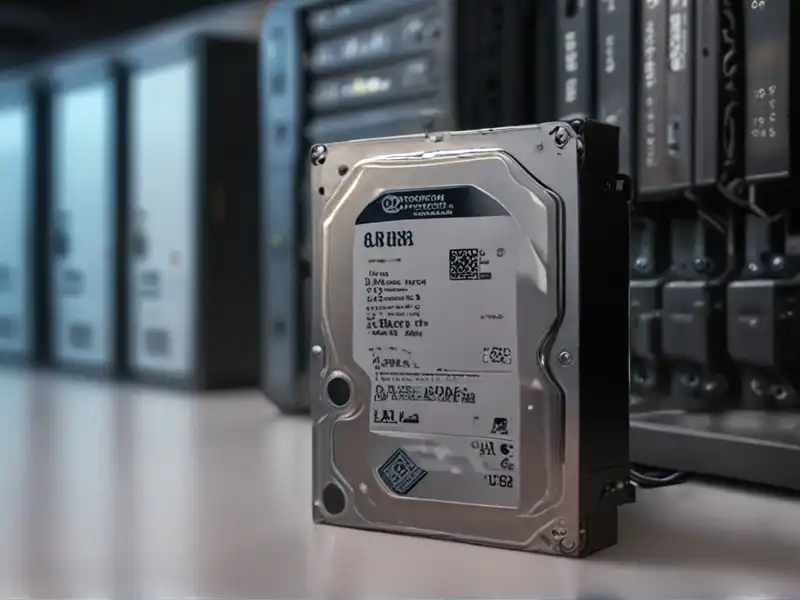Choosing the Right Storage Option: HDD vs. SSD
When it comes to choosing the right storage option for your laptop or tablet, one of the biggest decisions you'll have to make is whether to go with a traditional Hard Disk Drive (HDD) or a Solid State Drive (SSD). Both options have their own set of pros and cons, and understanding the differences between them can help you make an informed decision that best suits your needs.
1. Understanding the Differences Between HDD and SSD
2. Performance and Speed Comparison
3. Factors to Consider When Choosing Between HDD and SSD
Understanding the Differences Between HDD and SSD
Hard Disk Drives (HDDs) have been around for decades and are known for their large storage capacities and affordable prices. HDDs store data on spinning disks, with a mechanical arm that reads and writes data to the disk. On the other hand, Solid State Drives (SSDs) are a newer technology that use flash memory to store data, offering faster access times and improved durability compared to HDDs.
Performance and Speed Comparison

One of the main advantages of SSDs over HDDs is their speed and performance. SSDs have faster read and write speeds, which means your laptop or tablet will boot up faster, open applications quicker, and transfer files more efficiently. This can greatly improve your overall user experience and productivity, especially if you regularly work with large files or run multiple programs simultaneously.
In terms of durability, SSDs are also superior to HDDs. Since SSDs have no moving parts, they are less prone to mechanical failure and are more resistant to physical shock and vibrations. This can be particularly beneficial if you travel frequently with your laptop or tablet, as SSDs are less likely to suffer damage from accidental drops or bumps.
Factors to Consider When Choosing Between HDD and SSD
When deciding between an HDD and SSD for your laptop or tablet, there are several factors to consider. The first is your budget, as SSDs typically cost more per gigabyte compared to HDDs. However, the price of SSDs has been steadily decreasing in recent years, making them a more affordable option for many consumers.
Another factor to consider is the storage capacity you need. While HDDs offer larger storage capacities at a lower cost, SSDs are available in a range of sizes to suit different needs. If you require a lot of storage space for large media files or software applications, an HDD may be the better option. However, if you prioritize speed and performance over storage capacity, an SSD would be the ideal choice.

In conclusion, when choosing between an HDD and SSD for your laptop or tablet, it's important to weigh the pros and cons of each option to determine which best meets your needs. While HDDs are known for their affordability and large storage capacities, SSDs offer faster speeds and increased durability. Ultimately, the decision comes down to your specific usage requirements and budget constraints.
